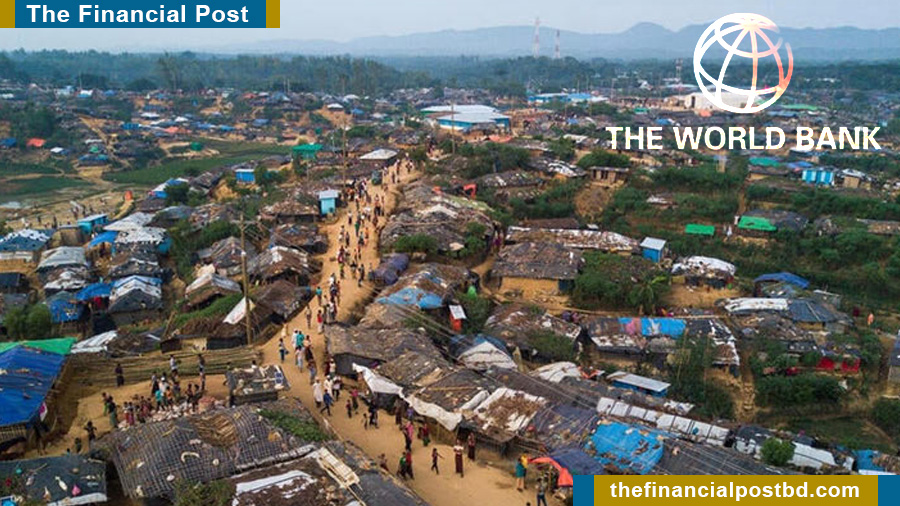The World Bank today launched two new projects worth $700 million to improve basic services, strengthen disaster resilience, and expand human capital development for both the displaced Rohingya population and host communities in Bangladesh.
The two initiatives — the Host and Rohingya Enhancement of Lives Project (HELP) and the Inclusive Services and Opportunities Project (ISO) — each carry a commitment of $350 million and will run until June 2028.
Together, they build on earlier World Bank-supported interventions that have provided over $1 billion in financing since 2019, according to an event at Pan Pacific Sonagaon Dhaka.
Md Mostafizur Rahman, secretary of the Ministry of Disaster Management and Relief and Jean Pesme, country director of the World Bank's Bangladesh office, were present at the event.
"All assistance to the Rohingya is in the form of grants," the multilateral lender said in a statement, adding that the projects are designed to meet urgent humanitarian needs while investing in long-term resilience in Cox's Bazar, Bhasan Char, and surrounding host areas.
HELP will focus on water and sanitation, climate-resilient infrastructure, renewable energy, and disaster preparedness. It aims to provide services and livelihoods for 645,000 people, including 329,000 women.
The project will expand access to safe water and sanitation, construct and upgrade disaster shelters, rehabilitate roads, install solar power systems, and support afforestation, while also training more than 100,000 people in disaster response.
The ISO project seeks to expand access to health, education, social protection, and gender-based violence response services. Already, nearly 20,000 host community members have been engaged in short-term work opportunities, while partnerships with the World Food Programme have created community workfare for half a million Rohingya.
By 2028, ISO expects to generate 22.4 million workdays, support 300,000 Rohingya learners, deliver health services to 560,000 people, and expand psychosocial and case management services for women, said the WB.
FP/MI

